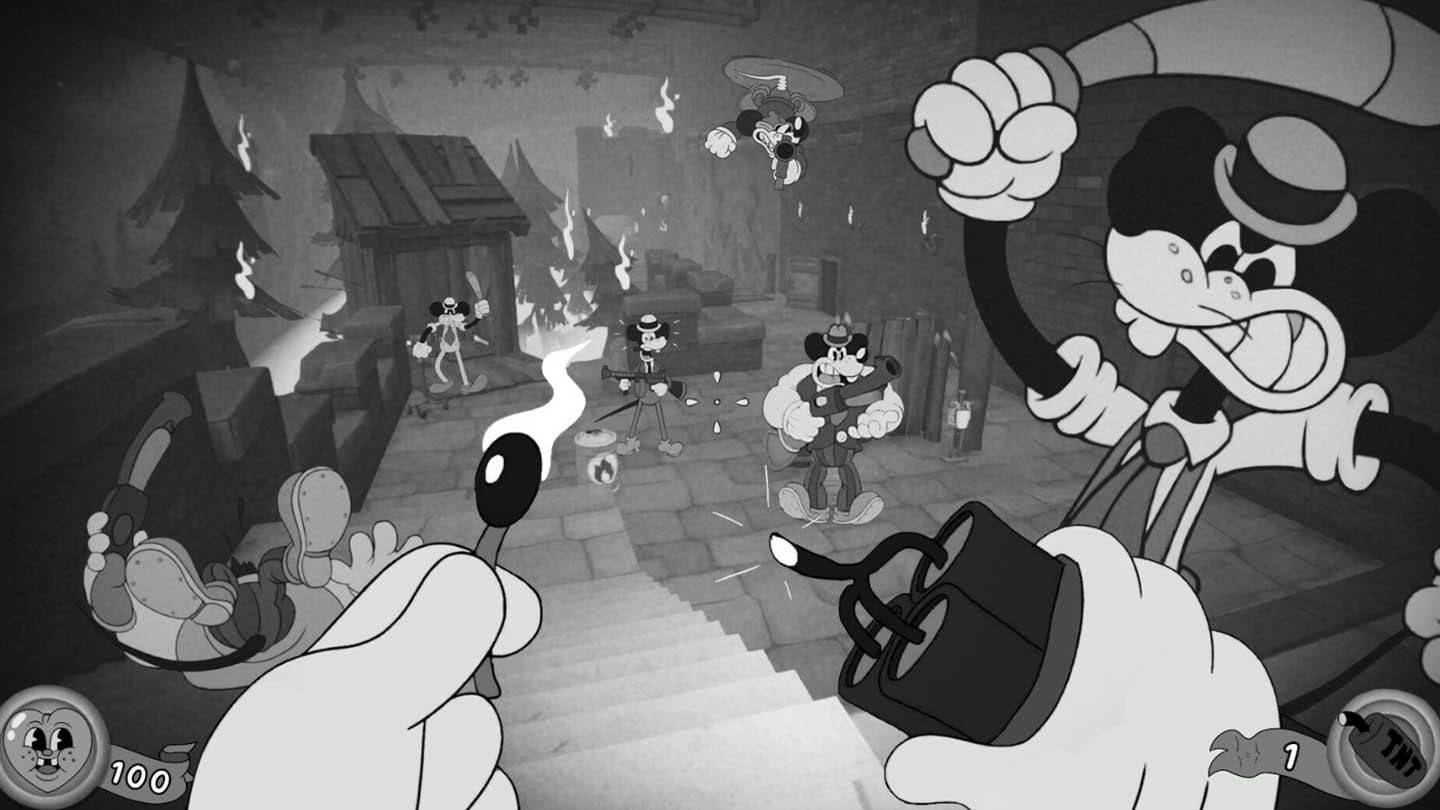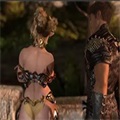The fantasy genre has long captivated the hearts and minds of readers, offering an escape into realms filled with wonder, mystery, and boundless imagination. Its roots in modern literature trace back to 1858 when Scottish author George MacDonald penned *Phantastes: A Faerie Romance for Men and Women*, widely regarded as the first "modern" fantasy novel. This landmark work laid the foundation for generations of storytellers who would follow, shaping the genre into what it is today.
In 2025, readers remain just as enthralled by these magical worlds, eager to lose themselves in epic quests, mythical creatures, and surreal landscapes. It’s the perfect moment to reflect on some of the most influential fantasy authors of all time—visionaries whose stories have left a lasting imprint on both the genre and the imaginations of readers across decades.
J.R.R. Tolkien
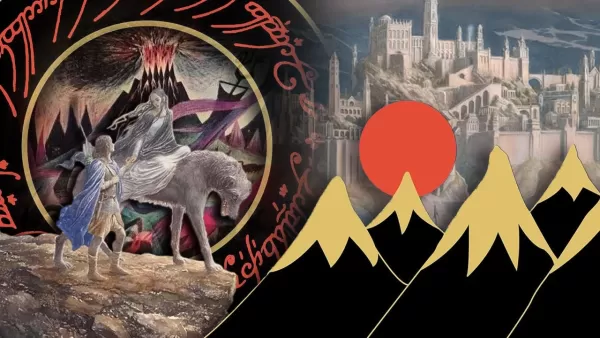
Few names are as synonymous with fantasy as J.R.R. Tolkien. His monumental works—the *The Hobbit*, *The Lord of the Rings* trilogy, and *The Silmarillion*—redefined the genre and set a new standard for world-building. His creation of Middle-earth, complete with its own languages, histories, and mythologies, continues to inspire writers, filmmakers, and artists worldwide.
Tolkien’s influence stretches far beyond fantasy literature. From George Lucas citing *The Hobbit* in early drafts of *Star Wars*, to modern epics like those written by George R.R. Martin and Ursula Le Guin, his legacy remains deeply embedded in popular culture. Even Peter Jackson’s film adaptations introduced Tolkien’s world to a new generation, further cementing his place as a foundational figure in fantasy storytelling.
C.S. Lewis
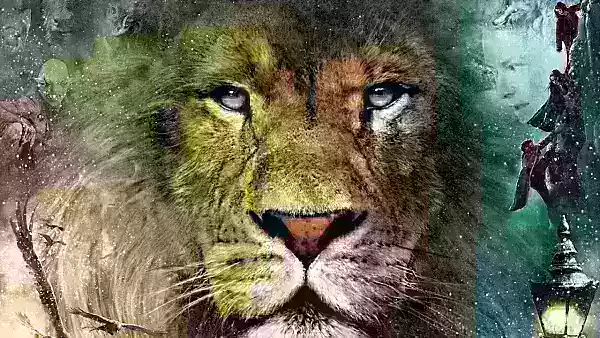
C.S. Lewis brought enchantment into the lives of millions through his *Chronicles of Narnia* series. Beginning with *The Lion, the Witch and the Wardrobe* in 1950, Lewis crafted a timeless portal into a magical world that resonated deeply with children and adults alike. Over six books, he expanded the world of Narnia, leaving behind a literary treasure that continues to be cherished globally.
With over 100 million copies sold in nearly 50 languages, the series has never gone out of print since its original publication. Lewis credited George MacDonald's *Phantastes* as a major influence, and in turn, his Narnia tales inspired countless other writers, including Katherine Paterson of *Bridge to Terabithia*. With multiple adaptations already under its belt—from BBC miniseries to Disney films—Narnia is set to return once again, this time reimagined by Greta Gerwig for Netflix.
Ursula Le Guin
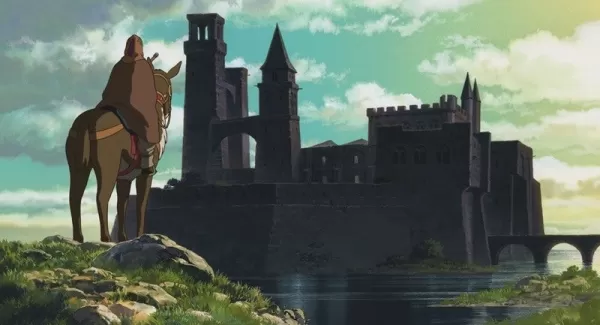
Ursula Le Guin broke boundaries not only within the fantasy genre but also in science fiction and feminist literature. Her *Earthsea* series, beginning with *A Wizard of Earthsea*, offered a philosophical and introspective take on magic, identity, and freedom. She was the first woman to win both the Hugo and Nebula Awards for Best Novel, paving the way for future generations of female speculative fiction writers.
Le Guin’s work extended beyond fantasy, influencing thinkers, activists, and creators such as Hayao Miyazaki. Her unique blend of myth, morality, and social critique continues to resonate in 2025, even after her passing in 2018. Her words still find new audiences online, where her reflections on society, hope, and change continue to go viral.
George R.R. Martin

George R.R. Martin reshaped modern fantasy with his sprawling *A Song of Ice and Fire* saga, better known through its TV adaptation *Game of Thrones*. His intricate world-building, political intrigue, and morally complex characters revolutionized how fantasy is consumed, especially in visual media.
Beyond Westeros, Martin has contributed significantly to television writing, working on shows like *The Twilight Zone*, *Max Headroom*, and *Beauty and the Beast*. His recent work, *Dark Winds*, continues to showcase his talent for blending suspense with supernatural elements, ensuring his influence remains strong in both literature and screenwriting.
Octavia Butler
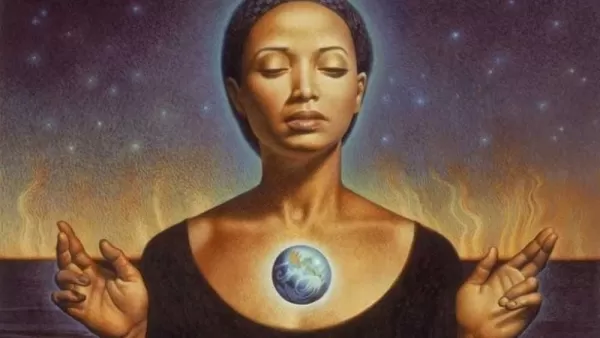
Though best known for her contributions to science fiction, Octavia Butler also holds a vital place in the fantasy canon. Her work, including the groundbreaking *Kindred*, blends elements of horror, time travel, and speculative fiction to explore profound themes like race, gender, and power.
Butler’s ability to intertwine real-world issues with imaginative storytelling makes her one of the most impactful voices in speculative fiction. As recognition grows for her pioneering efforts, her influence continues to expand across genres and generations.
Terry Pratchett

Terry







 LATEST ARTICLES
LATEST ARTICLES 
